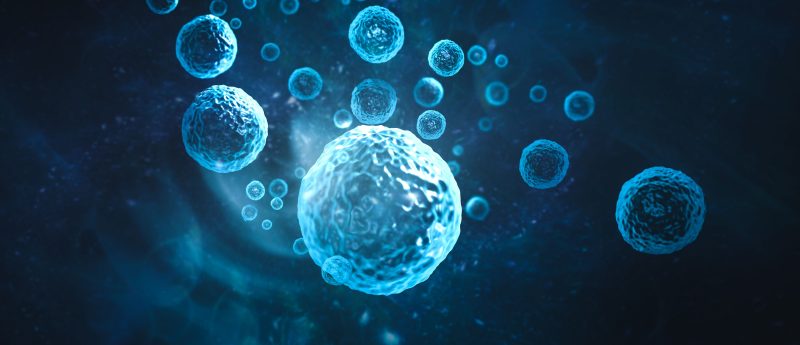Novel conversion of human pluripotent stem cells (PSCs) into an 8-cell embryo stage

Scientists from BGI Research (China) have discovered a novel method of converting human PSCs into 8-cell totipotent embryo-like cells, allowing for advances in regenerative medicine.
Using BGI’s advanced single-cell sequencing technology, an international team of scientists from China, Bangladesh and the UK recently announced their discovery of a rapid, transgene-free method to convert human PSCs into authentic 8-cell totipotent embryo-like cells.
Researchers reported that the totipotent embryo-like cells capture human zygotic genome activation, while retaining all lineage with the developmental potential to create all types of embryonic cell, and therefore all types of tissue and organ.
Utilizing single-cell analysis, researchers identified the molecular events associated with this conversion. The process involved DPPA3, a master regulator of DNA methylation in oocytes, and TPRX1, a eutherian totipotent cell homeobox family transcription factor absent in mice.
The research team discovered that while DPPA3 induces DNA demethylation throughout the conversion, TPRX1 executes the genetic networks that are associated with the 8-cell totipotent embryo-like cells. The researchers then demonstrated that these 8-cell embryo-like cells could generate placental cells in vivo, which is a novel phenomenon.
Miguel Esteban, Abdul Mazid and Li Wenjuan, corresponding authors of the study, stated: “totipotent 8-cell stage embryo-like cells recreate the embryonic state of a fertilized egg after only three divisions. Compared to the reported pluripotent stem cells, these cells can not only differentiate into placental tissue, but also potentially develop into more mature organs.”
Liu Longqi, corresponding author of the study, stated: “this breakthrough is also a perfect example of the combination of regenerative medicine and single-cell sequencing technology, through large-scale single-cell multi-omics profiling, the efficient and precise identification of cells or tissues obtained in vitro or in vivo by stem cell technologies will greatly accelerate research on regenerative medicine.”
Researchers claim that this discovery will expand our understanding of human embryonic development to aid the treatment of developmental diseases and prevent pregnancy loss. Furthermore, the converted 8-cell embryo-like cells could be applied in the future to generate blastocysts or even entire organs, tackling the world’s reliance on organ transplantation.
Mazid A, Ward C, Luo Z et al. Rolling back of human pluripotent stem cells to an 8-cell embryo-like stage. Nature. 10.1038/s41586-022-04625-0 (2022) (ePub ahead of print).